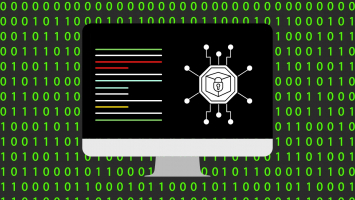Top 8 Best Online Cryptography Courses
The list of the best online cryptography courses includes both free and paid resources for learning cryptography, with classes suitable for beginners, ... read more...intermediate learners, and specialists. This list has already helped over 5000 professionals.
-
Cryptography is a crucial technology for safeguarding data in computer systems. This Cryptography Certification by Stanford University (Coursera) course will teach you how cryptographic systems work and how to utilize them correctly in real-world applications. The course starts with a detailed explanation of how two people with a shared secret key can communicate securely even if a formidable opponent listens in and tampers with communications. They look at a variety of protocols in use and look for flaws in existing systems. The course's second half covers public-key approaches, which allow two people to generate a shared secret key. Participants will be exposed to a variety of intriguing open topics in the field and will work on enjoyable (optional) programming projects during the course. They will cover more sophisticated cryptographic tasks such as zero-knowledge, privacy techniques, and so on in a second course (Crypto II).
You should take this online course if you wish to learn the basics of discrete probability theory. It was created with beginners in mind. More complex cryptographic tasks, such as privacy measures, zero-knowledge encryption, and other encryption types, are covered in the course. This is definitely one of the best online cryptography courses.
Duration: 7 WeeksRating: 4.8 out of 5
Link: https://www.coursera.org/learn/crypto

https://knowledge.tamu.qa/ 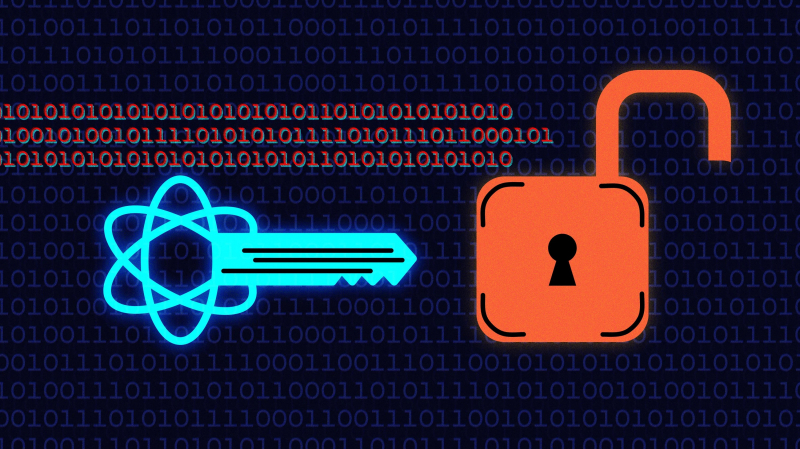
https://www.technologyreview.com/ -
The basics of private key encryption systems, Caesar and Vigenere ciphers, frequency analysis, and the Kasiski algorithm are covered in this course. Pseudorandom numbers, Data Encryption Standard (DES), and Advanced Encryption Standard (AES) will all be covered (AES). This cryptography course provides a basic introduction to cryptanalysis and associated ideas for those who are new to the field. The program examines the mathematics that serves as pillars in this discipline, as well as famous cipher examples. Following that, they will look at other types of hashing and its benefits, as well as random number generation. The fundamentals of public-key encryption systems, as well as modular arithmetic (Fermat's theorem, discovering primes, integer factorization, and discrete logarithm), are addressed in this course.
After finishing this "An Introduction to Cryptography" online course, you will be able to analyze cryptographic topics from both a theoretical and practical standpoint, as well as understand the methods utilized in the first translation and substitution ciphers. You can also look at pseudorandomness, entropy, and unicity, as well as the different applications of the subject in real life.
Duration: 2 weeks, 6 hours per week
Rating: 4.7 out of 5Link: futurelearn.com/courses/cryptography

https://resources.infosecinstitute.com/ 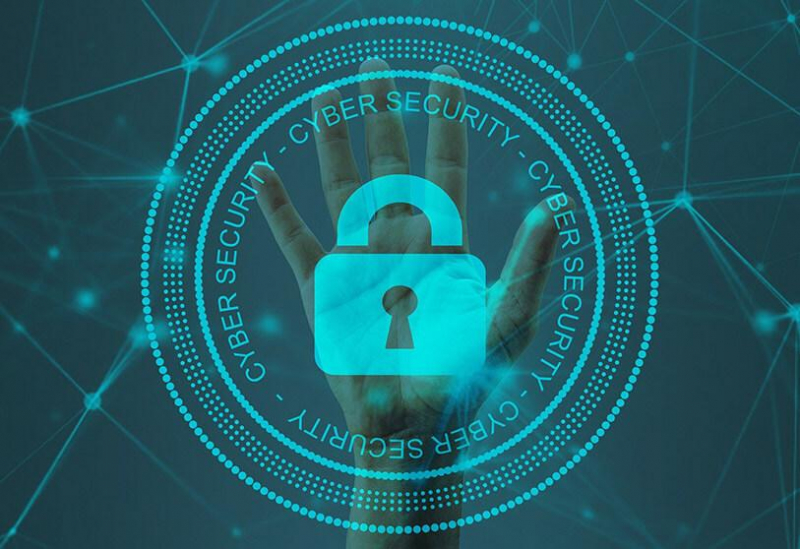
https://atalayar.com/ -
This Quantum Cryptography University Courses (edX) is one of the best online cryptography courses. This course teaches you how to exploit quantum effects like quantum entanglement and uncertainty to execute cryptographic tasks with degrees of security that would be impossible to achieve using traditional methods.
This multidisciplinary course, produced in collaboration between QuTech at Delft University of Technology and the California Institute of Technology, offers an introduction to the intriguing field of quantum cryptography. This course assumes that you have a basic understanding of linear algebra and probability at the advanced undergraduate level. Basic quantum information (qubits and simple measurements) knowledge is also required, but if you are completely unfamiliar with quantum information, supplementary films are supplied to fill in any gaps.
You will have a foundational toolbox for understanding, creating, and analyzing quantum protocols by the end of the course. Recognize the protocols for distributing quantum keys. Beyond quantum key distribution, know how to test untrusted quantum devices and be familiar with contemporary quantum cryptography.
Duration: 10 Weeks
Rating : 4.6 out of 5Link: edx.org/course/quantum-cryptography

https://spectrum.ieee.org/ -
Cryptography is an important part of cybersecurity. In today's information technology market, cybersecurity skills are in high demand due to the necessity to protect sensitive data and preserve the integrity of industrial control procedures. According to Symantec, the world's leading security software company, demand for cybersecurity employment is estimated to reach 6 million globally by 2019, with a projected shortfall of 1.5 million. The cybersecurity business is predicted to expand from $75 billion in 2015 to $170 billion by 2020, according to Forbes. Basic security challenges in computer communications, classical cryptographic techniques, symmetric-key cryptography, public-key cryptography, authentication, and digital signatures are all covered in this specialty. These subjects should be valuable to both beginners and experts in the field of cybersecurity.
Basic security challenges in computer communications, traditional cryptographic methods, symmetric-key, and public-key cryptography, authentication, and digital signatures are all covered in this course. Because the lectures are primarily aimed at beginners in this discipline, all topics are covered in depth from the beginning. This program is a fan favorite, with high ratings and reviews.
Duration: 2 months, 8 hours per week
Rating: 4.6 out of 5Link: coursera.org/specializations/introduction-applied-cryptography
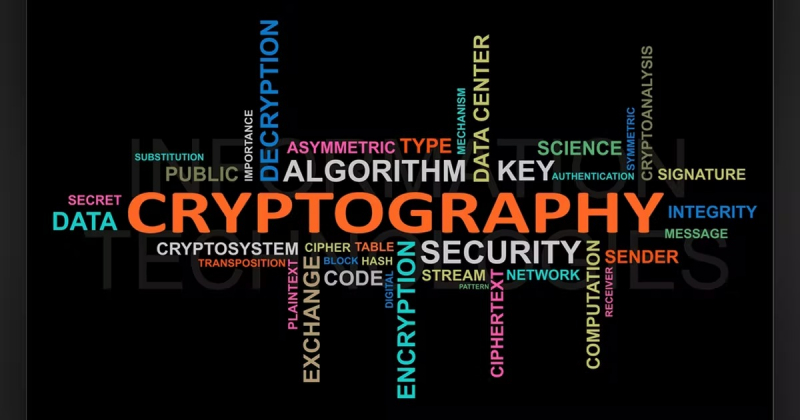
https://www.electronicdesign.com/ 
https://www.kaspersky.com/ -
On a national and international scale, the University of Colorado is a renowned leader in higher education. To satisfy the different needs of the students and communities, they work together. In ways that are unique to Colorado and beyond, they stimulate innovation, inspire discovery, and support the expansion of knowledge.
Learners will create the logic and pseudo-code for widely used cryptographic primitives and algorithms (rather than simply knowing how to utilize them as black boxes), allowing them to implement the cryptographic primitives in any platform/language.
This Applied Cryptography course combines cryptography (techniques for preventing unwanted access to information) and information theory (the study of information coding and transfer). More precisely, the course looks at cryptography from an information-theoretical standpoint, covering issues like entropy and attacker knowledge capabilities, such as Kerckhoff's Principle. It also draws a distinction between information-theoretic and computational security to emphasize the divergent streams of thought that drive cryptographic algorithmic creation and security evaluations.
Duration: 5 months (2 hours per week)
Rating: 4.5 out of 5
Link: coursera.org/specializations/applied-crypto

https://ko.coursera.org/ -
Symmetric cryptography uses a shared secret key to secure message secrecy, making it impossible for unauthorized attackers to read it. When the message is encoded in natural language such as English, the course covers substitution and transposition techniques, which were the foundations for traditional encryption. After that, they describe current block ciphers and examine the frequently used cipher algorithms in DES, 3-DES, and AES, building on product ciphers (using both substitution and transposition/permutation). Finally, they introduce alternative modes of block cipher operations in ECB, CBC, CFB, OFB, and CTR modes to enable the usage of block ciphers to handle changing data length.
This course is part of both the Applied Cryptography specialization and the Introduction to Applied Cryptography specialization, and is cross-listed. The course is well-designed and will be of great use to all cryptographers. The lectures are very informative and easy to follow. However, non-computer scientists may find the DES pseudo code assignment challenging.
Duration: 13 hours
Rating: 4.5 out of 5
Link: coursera.org/learn/symmetric-crypto

https://ko.coursera.org/ 
timviec365.vn -
Cryptography is used in almost every aspect of daily life, from buying with a credit card to talking on the phone. Cryptography's evolution has woven its way into our daily lives, from communication to banking. To get the most out of these advanced-level classes, you will need a basic understanding of computer theory, coding, and algorithm analysis. You will learn how to produce and share coded messages by participating in this workshop. Find out what occurs if the strategies are misunderstood or utilized incorrectly.
In this Applied Cryptography online course (Udacity), you will go over Lorenz cipher, symmetric and asymmetric encryption. Then, they will teach you public-key protocols and how they contribute to secure commerce. After that, you will know how to perform computations while keeping the data confidential and look into digital cash, voting, and anonymous communication. Finally, you have to do exercises which allow you to learn by doing. Keep reading to discover more best online cryptography courses.
Duration: 2 months
Rating: 4.4 out of 5
Link: udacity.com/course/applied-cryptography--cs387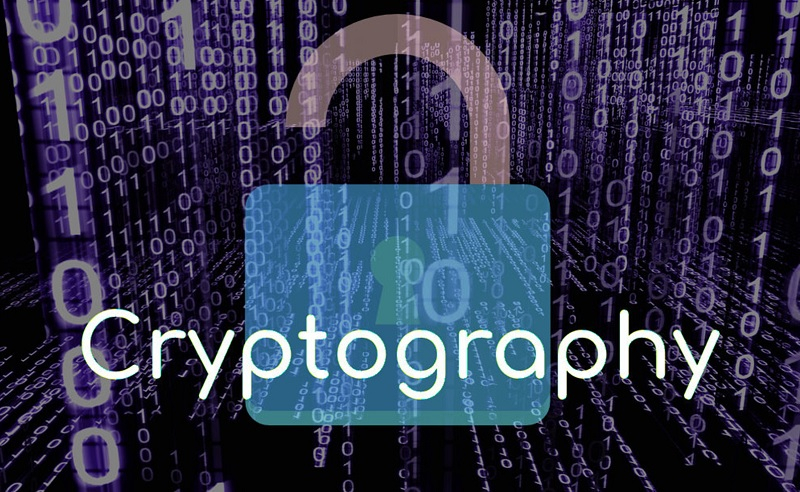
https://jobsgo.vn/ 
https://www.meer.com/ -
This Cryptography and Hashing Fundamentals in Python and Java course uses your existing programming knowledge to help you get started with this rapidly growing field. Determine the weak points in the various ciphers and how the current systems can address them. You can also go over the cryptographic algorithms' operating principles and how to implement them in Java.
You will learn about cryptography and hashing in Python and Java in this course. The majority of the private key (symmetric) and public-key (asymmetric) cryptosystems will be explained step by step. Every cryptographic algorithm's theory and implementation may be learned, as well as how to crack these systems (so what are the weaknesses).
The basics of private key encryption systems, Caesar and Vigenere ciphers, frequency analysis, and the Kasiski algorithm are covered in this course. Pseudorandom numbers, Data Encryption Standard (DES), and Advanced Encryption Standard (AES) will all be covered (AES). The fundamentals of public-key encryption systems, as well as modular arithmetic (Fermat's theorem, discovering primes, integer factorization, and discrete logarithm), are addressed in this course.
Duration: 7.5 hours
Rating: 4.4 out of 5Link: udemy.com/course/learn-cryptography-basics-in-python

https://www.nist.gov/ 
https://crypto.com/










